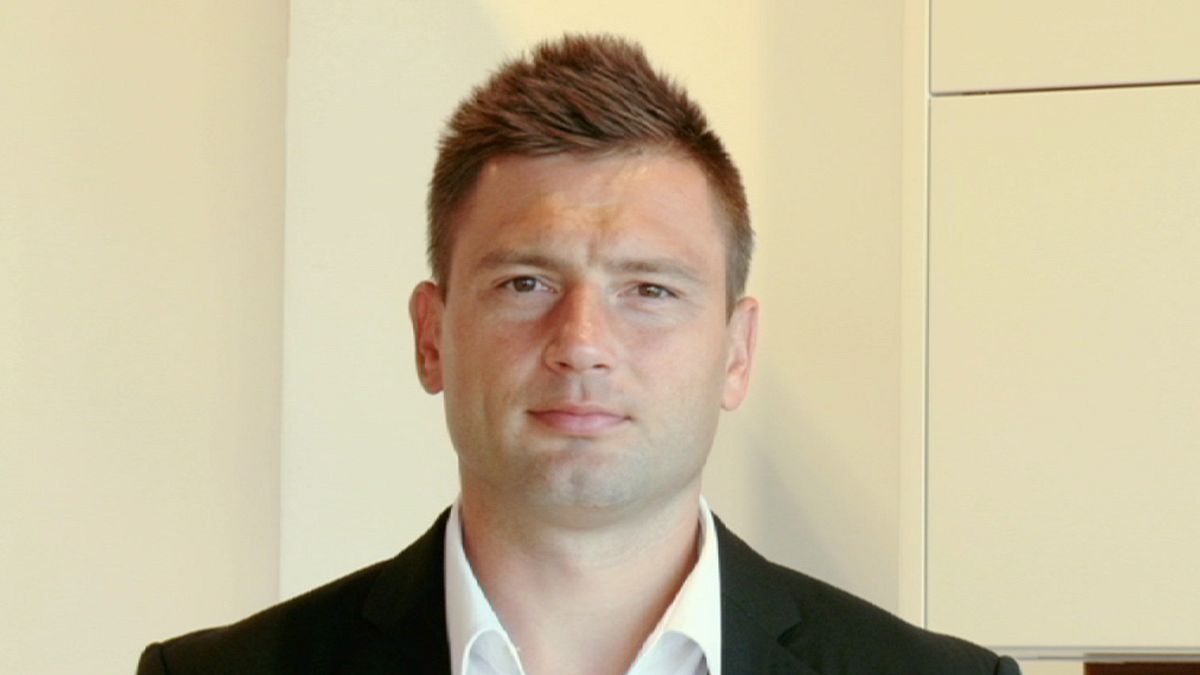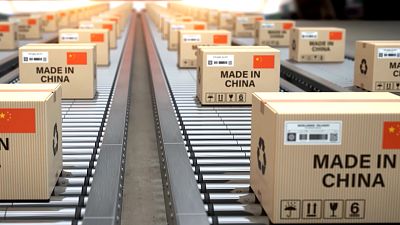Business Planet looks at what EU Financial Instruments for small and medium sized enterprises are, and how they work.
3Top is a tiny enterprise founded by two colleagues in July 2011 with just 1,500 euros. To compete on the market of custom-built kitchen units, this company needed to invest 20,000 euros in two machines. The problem was that getting funding was difficult because the company had no credit history. Finally, thanks to a leasing system within the framework of EU financial instruments, the two entrepreneurs managed to take the next step to making their dreams come true.
Paweł Tomczyk, the co-owner of 3Top said: “Thanks to that first lease agreement, we could establish a credit history. We were able to show we were good borrowers. And due to that, we got another lease agreement to buy a vehicle to transport the furniture, enabling us to avoid other expensives.”
As well as gaining the confidence of the banks, the leasing system also allowed this enterprise to expand. And in the next few months the partners are opening a new showroom in Lublin, the largest city in eastern Poland.
Paweł Tomczyk explained, “In the first year we had two employees, and now we have 10. Our current turnover is 10 times higher than in our first year of business.”
These EU Financial Instruments can take various forms, according to the needs of the entrepreneurs: loans, leasing, loan guarantees or venture capital. Over the last six years, the CIP programme financial instruments have given more than 300,000 SMEs access to financing. And this will continue until 2020 with the new EU programme COSME.
Arkadiusz Lewicki, the Polish contact point for EU Financial Instruments, explained “The biggest advantages for entrepreneurs are that there are no extra expenses, the financing period is very long, procedures are simplified, and personal contributions are not indispensable and in any case are lower.”
Other features of these EU financial instruments are that the local agents who manage them can create specific products, adapted to the needs of their markets. And they also decide, using the same criteria, the exact financing conditions of each contract.
Arkadiusz Lewicki, said: “Entrepreneurs just have to get in touch with the local contact for the programme: a bank or a leasing company. It’s all done at the same office. It’s a one stop shop.”
Summing up, Paweł Tomczyk said that the keys to success were, “having found the best way of financing the company, and also having reinvested our profits during the first years of business!”




